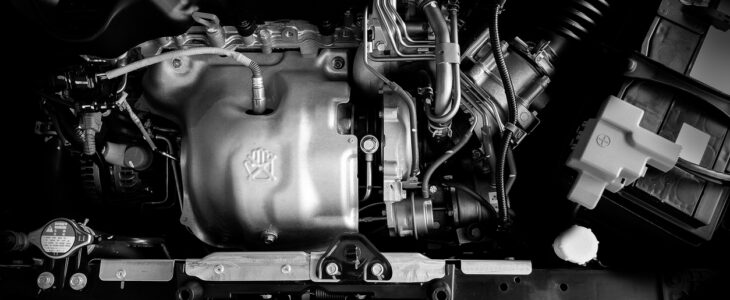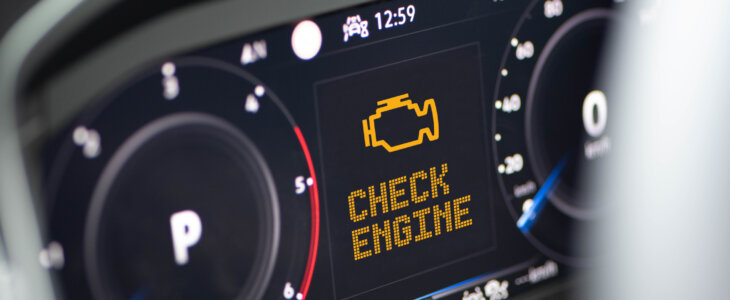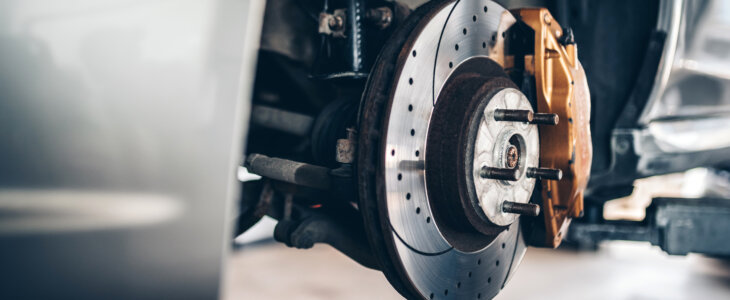History Behind the Lawsuit
A proposed class action lawsuit alleges that Nissan knowingly concealed a serious engine defect affecting vehicles equipped with its VC-Turbo engines, despite marketing them as innovative, safe, and reliable. The case, Becker et al. v. Nissan of North America, Inc. et al. (Case No. 1:25-cv-00845), was filed on July 8, 2025, and names Nissan Motor Co., Ltd. and Nissan of North America, Inc. as defendants.
According to the 96-page complaint, the KR15DDT and KR20DDET variable-compression turbo engines used in certain Nissan and Infiniti models suffer from a design defect in the variable compression system, which regulates piston movement and engine operation. Plaintiffs allege the defect stems from failing bearings unable to withstand heat and pressure, faulty software, lower-link malfunctions, and poor materials or workmanship.
Vehicles Named in the Lawsuit
The lawsuit targets the following models:
- 2021–2023 Nissan Rogue
- 2019–2023 Nissan Altima
- 2019–2023 Infiniti QX50
The complaint says the defect can cause knocking or high-pitched whirring noises, hesitation during acceleration, rough idling, excessive oil consumption, sudden power loss, and complete engine failure, sometimes without warning.
Claims Made by the Plaintiffs
Plaintiffs allege Nissan was aware of the defect long before vehicles were sold, citing internal knowledge, consumer complaints, and warranty repair data. Despite this, Nissan allegedly failed to disclose the issue, denied the defect’s existence until warranties expired, and required owners to pay for repairs even while under warranty.
The lawsuit also challenges Nissan’s June 27, 2025 recall, which covers vehicles produced between October 6, 2017 and August 1, 2024, including certain Rogues, Altimas, Infiniti QX50s, and QX55s. Plaintiffs argue the recall remedies are inadequate, claiming most owners receive only oil changes or replacement parts that remain defective.
The case seeks class certification, damages, reimbursement of repair costs, and relief under multiple state consumer protection and warranty laws.
What Nissan Owners Should Do Next
Owners of affected Nissan and Infiniti vehicles are encouraged to document engine symptoms, repair attempts, dealership visits, and out-of-pocket expenses. These records may be critical if the lawsuit expands or leads to settlements or further recalls.
How Nissan Owners Can Take Back Control
While this class action lawsuit has begun, thousands of Nissan owners are likely to be affected by the same potential defect, with many expressing dissatisfaction over delayed or inadequate solutions. These types of issues often lead to broader legal action like this one, underscoring the importance of protecting consumer rights.
If you’re struggling with repeated vehicle problems and feel cornered by large automakers, remember it’s always best to have experts on your side. With extensive experience and a long record of successful cases, The Lemon Firm stands ready to help you. With a dedicated team by your side, the solution can be simpler than you think. So, if your GM is causing you headaches, don’t wait any longer – reach out today!
Call 833-Lemon-Firm and speak with a case analyst now!






